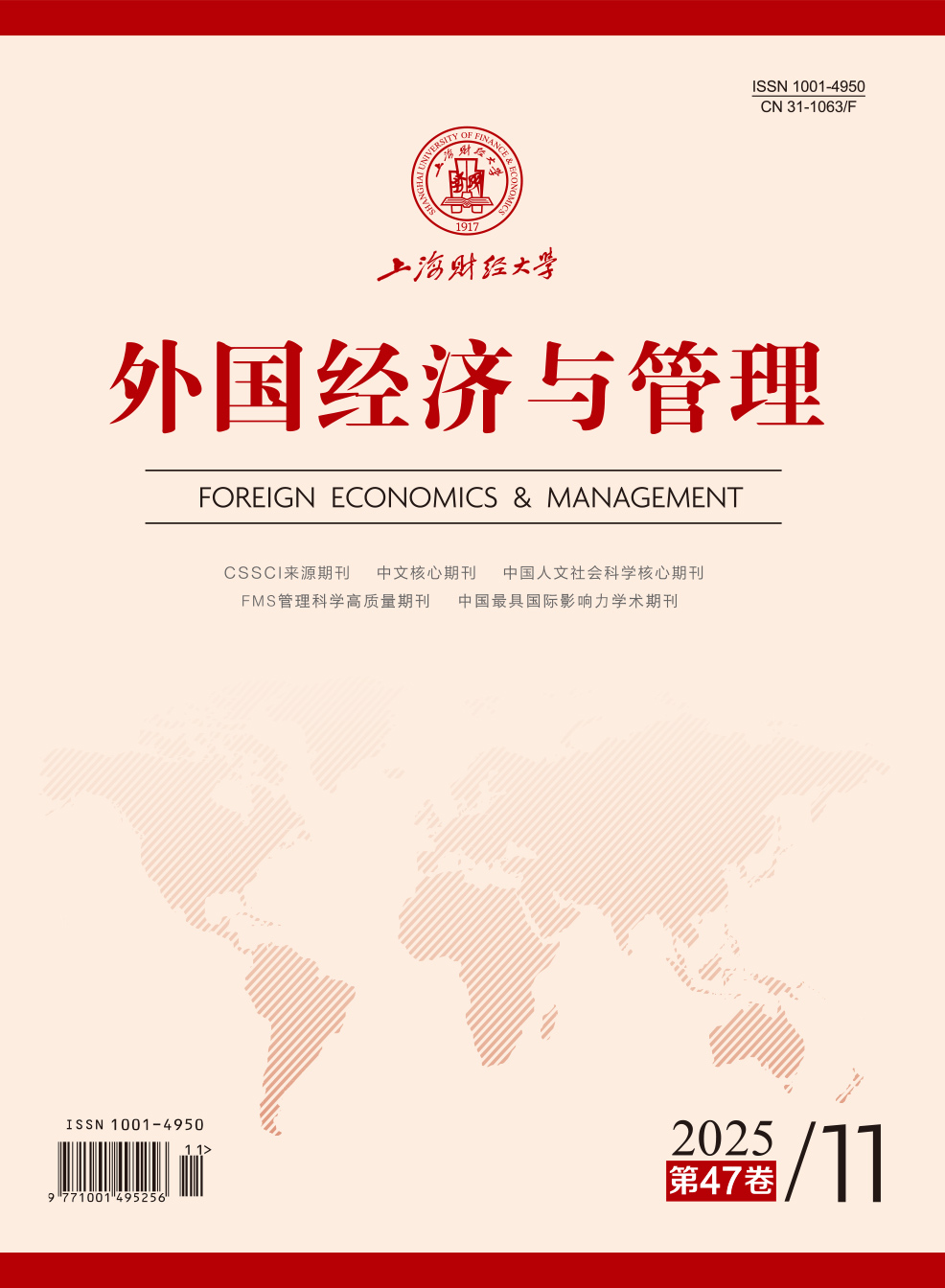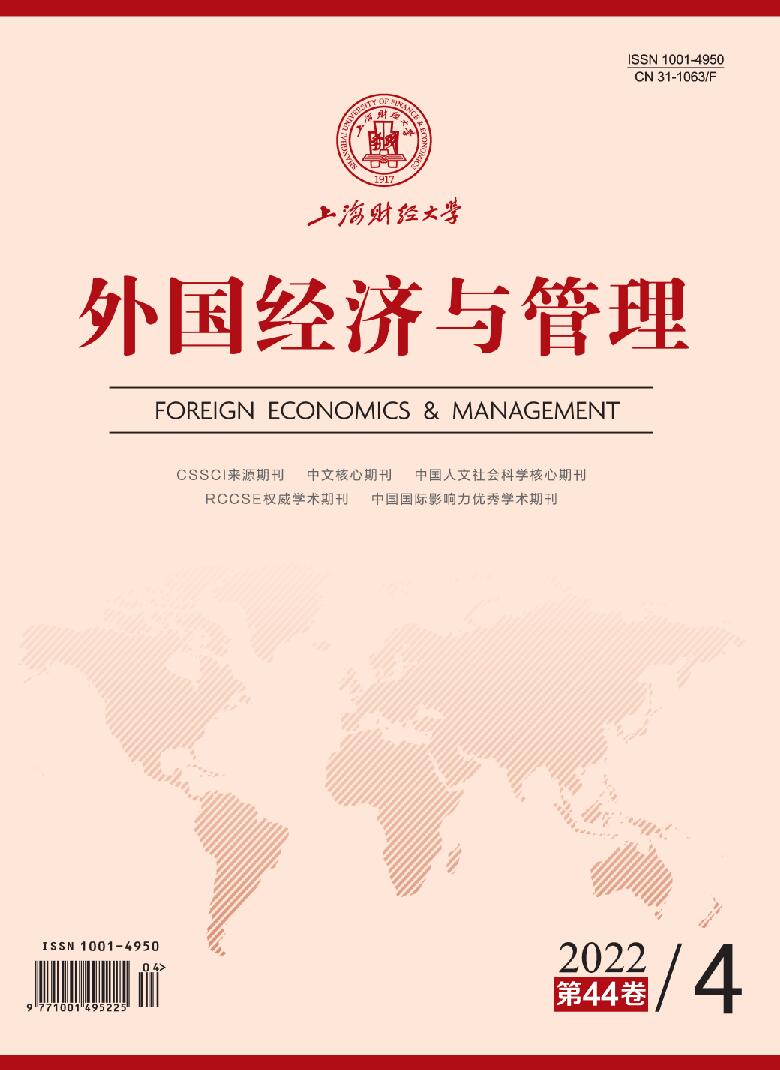In the context of the mixed ownership reform of SOEs, the phenomenon of appointed directors by non-state shareholders in mixed SOEs has attracted much attention from the public and academia. The All-China Federation of Industry and Commerce has repeatedly pointed out that the most important concern of private enterprises in participating in the mixed ownership reform of SOEs is their desire to enjoy a substantive voice in major decisions, and in the context of the SASAC’s further proposal to “enable non-public capital to send directors or supervisors as far as possible”, the focus of academics on the mixed ownership reform of SOEs has gradually shifted from the level of equity structure to the level of board of directors. However, few researches have been conducted to explore the achievement of the goal of SOE innovative hybrid reform from the perspective of the board structure.
Based on the data of fully competitive state-owned listed companies from 2008 to 2019, this paper studies how the board power of non-state shareholders affects SOE innovation, and finds that appointed directors by non-state shareholders and over-appointed directors have an important role in promoting SOE innovation. The finding holds true after replacing the independent and dependent variable measures and controlling for possible endogeneity issues using the PSM method, the instrumental variable method and lagged one-period independent variables. Further research finds that appointed directors by non-state shareholders have an important role in promoting SOE innovation by playing a supervisory governance and information transfer function. On this basis, the study also finds that the promotion effect of appointed directors by non-state shareholders on SOE innovation is more significant in an environment with weaker rule of law protection and closer government-market relationship.
This paper contributes to the existing literature in three aspects: First, unlike previous studies that mainly explore the relationship between mixed ownership reform and innovation based on the equity perspective, this paper examines the relationship based on the perspective of enterprise core decision-making organization — the board of directors, and provides empirical evidence for the substantive transformation of mixed ownership reform from “mixing equity” to “changing mechanism” in China. Second, while the previous literature mainly explores the supervision and check relationship between heterogeneous shareholders based on the principal-agent theory, this paper, based on the principal-agent theory and the resource dependency theory, finds that the board power of non-state shareholders not only comes from the authorization of the general meeting of shareholders, but also from the advantageous complementation of non-state-owned resources to state-owned resources, indicating that there is a relationship of opposition and unity between heterogeneous shareholders, enriching the theoretical basis for the study of heterogeneous shareholder relations. Third, this paper examines the role of the board power of non-state shareholders in SOE innovation from two perspectives: supervisory governance and information transfer, and clarifies the influence mechanism between the two, which helps to provide more operational reference for the practice of SOE hybrid reform.
The study suggests that the new round of the mixed ownership reform of SOEs should not only stop at the previous diversified mix at the equity level, but also focus on the governance reform at the board level to give full play to the unique advantages of non-state shareholders. It has some policy reference value for the new round of SOE deepening reform and provides empirical evidence for board structure governance and innovative behavior of SOEs.





 11141
11141  8456
8456

